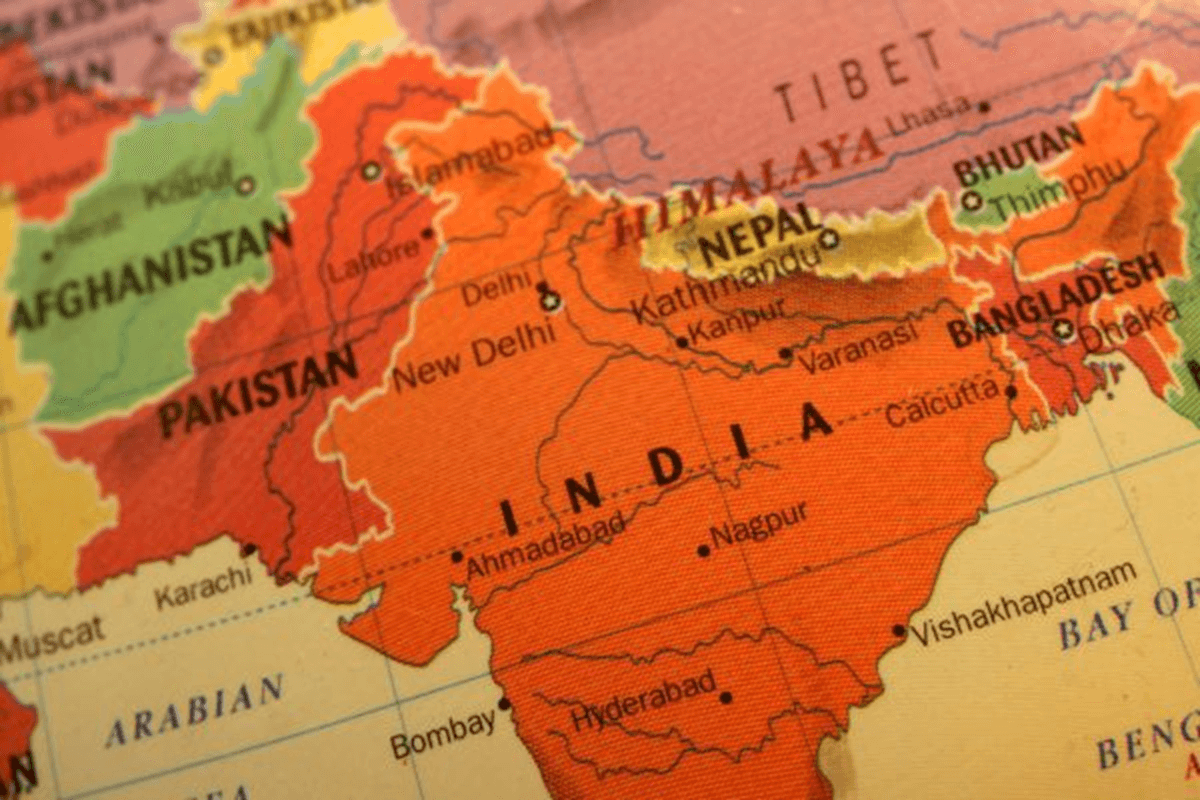US & South Asia
Touqir Hussain | 03 December 2023
PAKISTAN’S strategic ties with China are the keystone of its foreign policy. But it also wants friendly ties with Washington and has been concerned that the US-China rivalry could restrict its relationship with either country.
The encouraging outcome of the Biden-Xi meeting on the sidelines of the recent APEC summit in San Francisco may ease some of Pakistan’s concerns. Washington appears focused on containing China’s military and technological ascent more than its economic rise, which is beneficial to the US and the global economy, and may be open to healthy economic competition with Beijing.
Geopolitics, too, is opening to a wider contest. As the US and China compete to reorder the world according to their respective visions, many countries are aligning with both to maximise their global engagement and optimise their interests, so as to be comfortable with any future international order. BRICS is just one example of this ‘multi-vector’ foreign policy.
But Pakistan lacks the strategy and capacity to benefit from the opportunities. Its ties with China and the US evoke conflicting public emotions: a romanticised image of ties with China versus an adverse view of the US.
Yet officials are conscious of the risk of Pakistan becoming overly dependent on China, and feel the country must have a working relationship with the US, its leading export destination, a major foreign investor, a lifeline to its IMF-dependent economy, and a key stakeholder in South Asian stability.
Rivalries and geopolitics have become more complex.
But public reservations against the US remain. It is true the benefits of ties with the US have come at a heavy cost. By supporting the elitist-led, security-dominated, ideologically rooted, and externally dependent outlook on the country, the US hindered Pakistan’s political process.
Its wars fomented instability and extremism in Pakistan. But the public must understand that Pakistan’s leadership that partnered with Washington was equally invested in US policies and should share the blame.
There are other misperceptions. For decades, Pakistan’s leaders, strategic community and public believed in the centrality of Pakistan-US ties to US policies in South Asia, largely because of the high-profile aid relationship. They are now disappointed the US has abandoned an ally and ‘switched’ to India.
In fact, substantial US aid was not equivalent to a substantive relationship. And the alliance commitment was ambiguous and narrowly focused. Nor did the US have a South Asia policy. But it found Pakistan’s services valuable in meeting specific and sporadic geopolitical and security challenges from time to time. That is why it found no contradiction between relations with Pakistan and its support to non-aligned India following the 1962 Sino-India war.
It was not until the rise of China, the onset of globalisation, the advent of information technology, and emergence of religious extremism that America started seeing certain lasting strategic, economic, and security interests in South Asia. Through its relationship with India, it hoped to contain Chinese influence in the region and beyond, and sought Pakistan’s cooperation in meeting security threats.
Since then, Great Power rivalry, geopolitics, and regional politics have become more complex, with the assault on globalisation by trade wars, Covid-19, supply chain issues, and national security concerns. After a failed attempt by the US to de-globalise, efforts at re-globalisation, as qualified by geopolitics, are now afoot.
They are marked on the one hand by China’s expanding economic footprint, which has spurred the US to enhance its global economic influence, and on the other, by the attempts of rising middle powers to create a multipolar world across geopolitical barriers.
This has blur¬red the distinction between geo-economics and geopolitics. And rising India finds itself at a crossroads. Its geostrategic position on the Indian Ocean and border dispute with China make it America’s natural geopolitical partner, while its technological and economic potential make it an attractive partner in geo-economics. The US wants to accelerate AI development and feels India can help meet its shortage of “scientists, technologists and engineers”.
America’s ties with India and Pakistan are thus not comparable. Pakistan has not lost its value for Washington but its ties of the past won’t be its future. The country will have to reinvent its relevance to America’s South Asia policy by focusing on its economy and shared security interests. Geopolitics though relevant will not drive the relationship.
Bottom line: Ties with the US are not perfect but are still necessary. Ties with China are indispensable but not sufficient for Pakistan’s needs.
The writer, a former ambassador, is adjunct professor Georgetown University and Visiting Senior Research Fellow, National University of Singapore.
This article was originally published on Dawn.
Views in this article are author’s own and do not necessarily reflect CGS policy.
